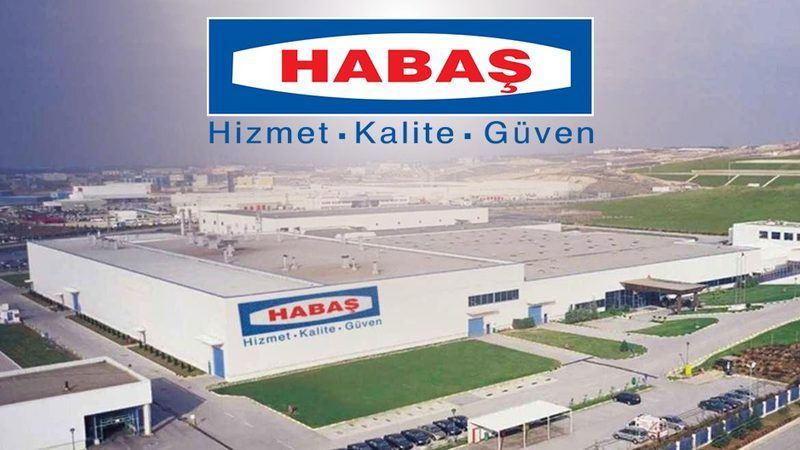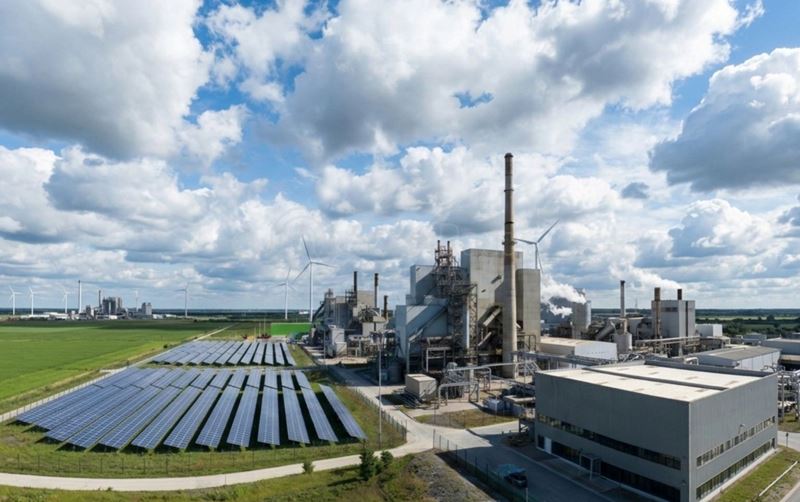Uğur Dalbeler, Vice Chairman of the Board of Directors of the Steel Exporters' Association, evaluated the statement of the Minister of Treasury and Finance Mehmet Şimşek that the obligation to sell 25% of the export prices to the Central Bank will be decreased and the possible effects of the US elections on the sector in a statement to Bloomberg HT. Dalbeler provided detailed information on how these developments will be reflected on the steel industry and exporters.
Flexibility in foreign currency sales will strengthen the steel industry
Uğur Dalbeler, Vice President of the Steel Exporters' Association, welcomed Treasury and Finance Minister Mehmet Şimşek's announcement that they will reduce the obligation to sell 25% of the export value to the Central Bank. Dalbeler said, “The steel industry operates with low margins and a large foreign exchange requirement. This regulation will provide flexibility to the sector and increase its operational strength.” Dalbeler emphasized that the free use of foreign currency resources, especially in raw material purchases, will create cost advantages.
Dalbeler underlined that the sector has been negatively affected by the fact that the exchange rate has remained stable for a long time and the costs in TL terms have continuously increased due to inflation. “The rise in costs decreases Turkey's international competitiveness,” Dalbeler said, adding that the main expectation in the sector is for the exchange rate to move in parallel with interest rates and for inflation to be improved.
Protectionism after the US elections
Touching on the impact of the US elections on the steel industry, Dalbeler said that the 25% steel import tax imposed by Trump in the past is still in force and that the US is continuing its strategy of protecting its domestic market. Stating that Turkey may regain a competitive advantage in this market if the exemptions granted to some countries are lifted, Dalbeler said, “A new process may start in the US after the elections, which may create opportunities for the sector in terms of exports.”
Global protectionism and challenges for the European market
Dalbeler said that not only the United States, but also the European Union has protected the steel industry in the last five years by imposing various quotas and dumping duties. He said that carbon emission reduction subsidies and billions of euros of investments in Europe create new challenges for the Turkish steel industry. He also added that state-backed industries such as China and India are challenging Turkey's competitiveness in the global market.
“Our most important strength is our ability to adapt quickly”
Highlighting the possibility of a change in protectionism policies after the US elections, Dalbeler emphasized the importance of the Turkish steel industry's ability to adapt quickly to any scenario in an environment of uncertainty. “The sector has maintained its performance despite challenging processes such as the war in Ukraine; this strength requires being prepared for future challenges,” he said, adding that flexibility and adaptability is a critical advantage for the sector.











Comments
No comment yet.